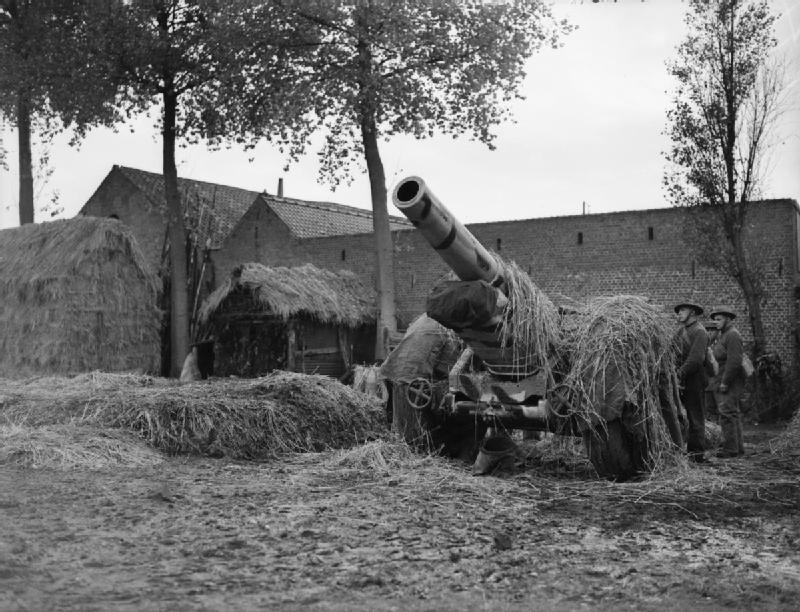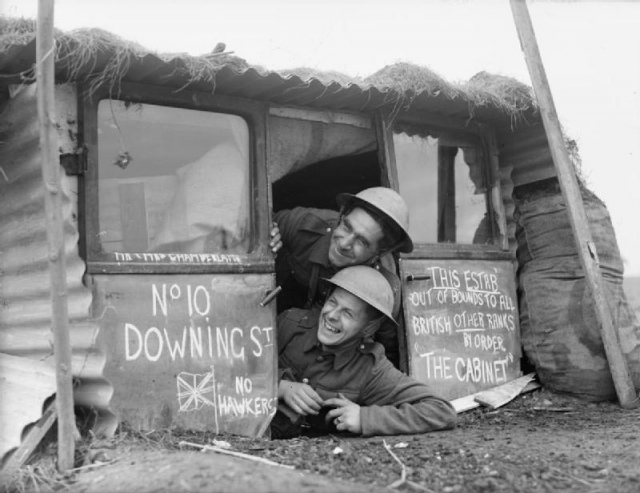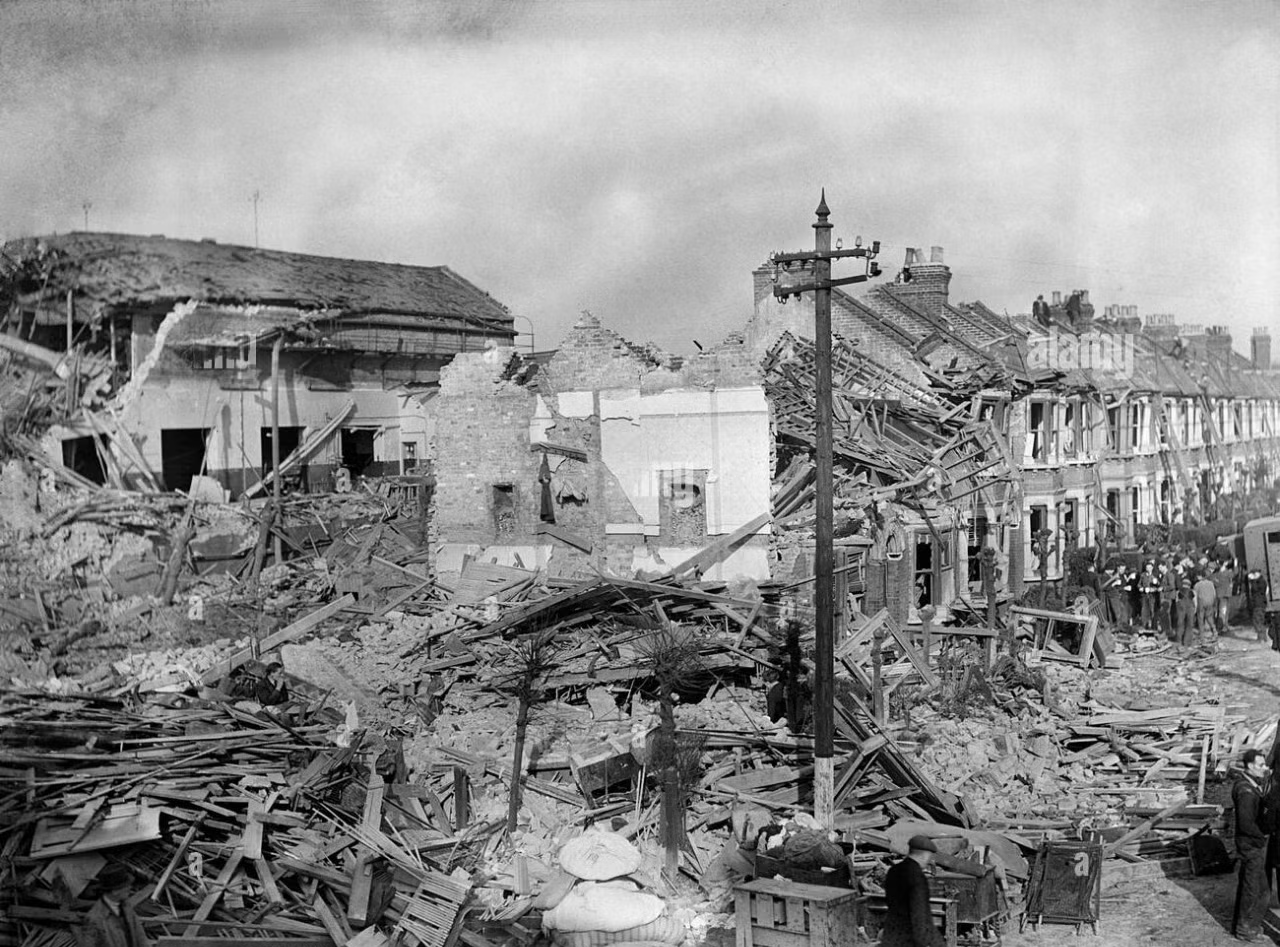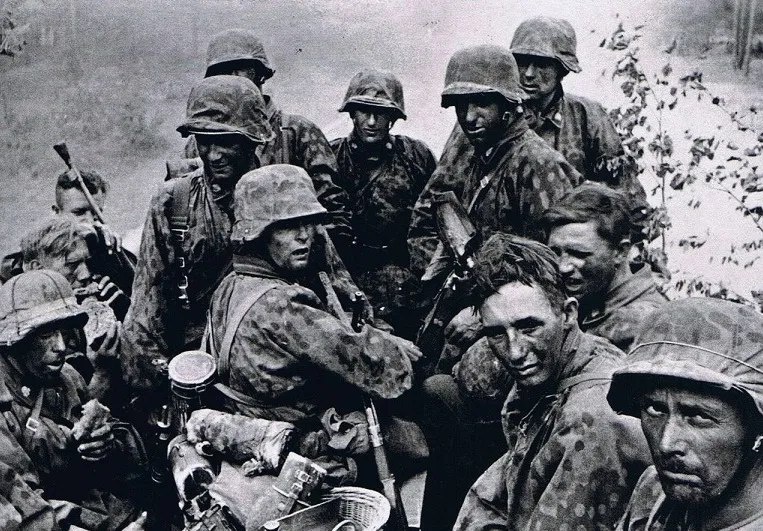Photo AI
Last Updated Sep 26, 2025
Threats to Irish Security During the War Simplified Revision Notes for Leaving Cert History
Revision notes with simplified explanations to understand Threats to Irish Security During the War quickly and effectively.
355+ students studying
Threats to Irish Security During the War
The Phoney War - Did it Threaten Irish Neutrality?
-
The Phoney War refers to the period of World War II from September 1939 to April 1940, during which there was very little actual fighting on the Western Front.
-
Although the war had officially begun, there was a strange calm across Europe, with both the Allies and Germany preparing for conflict but not engaging in major battles.

-
This period was marked by uncertainty and tension, as no one knew when or where the next major offensive would occur. For Ireland, this posed a significant threat to security.
-
Ireland had declared neutrality at the outset of the war, but the Phoney War created a false sense of security among the Irish population.
-
The lack of immediate military action lulled some into believing that Ireland might escape the conflict altogether.
-
However, the Irish government, led by Éamon de Valera, was acutely aware that this calm could not last and that Ireland's neutrality might be challenged by either the Allies or Axis powers.
-
The Irish government had to remain vigilant, preparing for the possibility that either Britain or Germany might seek to use Irish territory for strategic purposes.
-
This led to increased military preparations, such as strengthening coastal defences and expanding the Irish Army, despite the limited resources available.
-
The Phoney War was particularly threatening to Irish security because it allowed both Britain and Germany to plan potential strategies involving Ireland.
-
The British, concerned about the security of the Atlantic shipping lanes, considered the possibility of occupying Irish ports to protect them from German attacks.
-
Meanwhile, the Germans were also assessing whether Ireland could be a potential base for launching operations against Britain.
-
This period of uncertainty forced the Irish government to navigate a delicate diplomatic situation, maintaining neutrality while preparing for any potential violation of their territory.
The Expanding British Army and the Threat of Irish Involvement
-
As World War II progressed, the British Army underwent significant expansion to meet the demands of the conflict.
-
This expansion posed a potential threat to Irish neutrality, as some British military officials were growing pressured to involve Ireland in the war effort.
-
Under Winston Churchill, the British government viewed Ireland's geographic location as strategically crucial, especially for defending the Atlantic shipping lanes against German U-boats.
-
There were concerns that if Britain could not secure Irish cooperation voluntarily, they might have to consider more forceful measures.
-
The expansion of the British Army also led to fears that Ireland could be drawn into the war, either by being used as a staging ground for British forces or through the conscription of Irish citizens living in Britain.
-
The Irish government was particularly concerned about the prospect of conscription being extended to Irish citizens in Northern Ireland, which could potentially spill over into the Irish Free State and lead to widespread unrest.
- To prevent this, the Irish government engaged in diplomatic efforts to ensure that Irish citizens in Britain could return home if they wished to avoid conscription and also reinforced its commitment to neutrality.
- Moreover, the presence of large British forces just across the Irish Sea raised concerns about the possibility of a British invasion to secure key ports and airfields in Ireland.

-
This fear was not unfounded, as there were plans discussed within the British government about potentially occupying Irish ports to protect them from German use.
-
The Irish government responded by increasing military preparedness, including expanding the Irish Army and strengthening coastal defences, to deter any potential British or German actions that could compromise Irish neutrality.
German Bombing Threats in 1940
-
By 1940, the threat of German bombing raids became a significant concern for the Irish government. Although Ireland had declared neutrality, its proximity to Britain and its strategic location made it a potential target for German bombers.
-
The Luftwaffe's bombing campaigns, particularly during the Blitz on British cities, raised fears that Ireland could be inadvertently or deliberately bombed due to its closeness to Britain.
-
Additionally, there were concerns that German bombers, aiming for British targets, might mistakenly drop bombs on Irish cities or that Ireland could be targeted if Germany suspected Irish cooperation with Britain.
-
The Irish government took several measures to protect the civilian population and vital infrastructure in response to these threats.
-
Air raid precautions were implemented, including constructing air raid shelters, distributing gas masks, and organising emergency services to respond to bombing incidents.
-
However, Ireland was ill-prepared for a large-scale bombing campaign due to limited resources and the fact that much of the country was rural and lacked the industrial targets that might attract bombers.
-
Despite these efforts, several Irish cities, including Dublin, Cork, and Wexford, experienced bombings during the war, although the reasons for these bombings remain a matter of historical debate.
- The bombing threat also heightened the tension between Ireland and Britain, as some in the British government believed that Ireland's neutral stance indirectly aided Germany by not fully supporting the Allied war effort.
- Conversely, Irish leaders feared that any perceived cooperation with Britain could provoke German retaliation.

-
The need to maintain strict neutrality while preparing for potential air raids highlighted the precarious position in which Ireland found itself during the war, trying to avoid becoming a battleground in the conflict while ensuring the safety of its citizens.
The IRA and Threats to Irish Neutrality
- During World War II, the Irish Republican Army (IRA) posed a significant threat to Irish neutrality. While the Irish government was committed to staying out of the war, the IRA saw the global conflict as an opportunity to achieve their goal of ending British rule in Northern Ireland and unifying Ireland.
- The IRA viewed the war as a distraction for Britain, which they believed could be exploited to launch attacks and force Britain to withdraw from Northern Ireland.
- This perspective led to a series of actions by the IRA that threatened to draw Ireland into the conflict.
- One of the most notable IRA actions during this period was the S-Plan (Sabotage Campaign), which involved a series of bombings and sabotage efforts in Britain between 1939 and 1940. These attacks aimed to disrupt British infrastructure and cause chaos, but they also risked provoking British retaliation against Ireland.
- The Irish government, led by Éamon de Valera, was deeply concerned about these activities and took steps to suppress the IRA, viewing their actions as a direct threat to the state's policy of neutrality.
- The threat from the IRA was not only external but also internal. There was concern that the IRA might collaborate with Germany, as both shared an interest in weakening Britain.
- Indeed, there were contacts between the IRA and German intelligence, leading to fears that the IRA might receive support from the Axis powers to launch a rebellion in Ireland.
- To counter this, the Irish government enacted strict security measures, including the internment of IRA members and the implementation of the Offences Against the State Act, which gave the government broad powers to suppress subversive activities.
- These actions were essential in maintaining Ireland's neutrality and preventing the IRA from dragging the country into the broader conflict.
German Spies in Ireland
- During World War II, Ireland's neutrality made it an attractive location for espionage activities by both the Allied and Axis powers. However, it was the presence of German spies in Ireland that posed a particularly serious threat to Irish security.
- The Abwehr, Germany's military intelligence service, saw Ireland as a potential weak point in Britain's defences and sought to use Irish territory as a base for spying operations against Britain.
- German spies were sent to Ireland with various objectives, including gathering intelligence on British military movements, establishing communication networks, and potentially recruiting Irish citizens for sabotage missions.
- One of the most infamous cases of German espionage in Ireland involved Hermann Görtz, a German spy who parachuted into County Meath in 1940. His mission was to link up with the IRA and coordinate sabotage activities against British targets.
- However, Irish authorities eventually captured Görtz, and his arrest highlighted the real threat that German espionage posed to Ireland's neutrality.
- The Irish government, aware of the dangers that these spies represented, worked diligently to track down and neutralise any German agents operating within the country.
- In response to the threat of espionage, the Irish government cooperated covertly with British intelligence to monitor and counter German spy activities.
- This included sharing information and coordinating efforts to ensure that German spies could not use Ireland as a base for operations against Britain.
- The presence of German spies also put additional pressure on Ireland to maintain its neutrality, as any perception of Ireland being used as a hub for German espionage could have led to severe consequences from the Allied powers.
- The efforts to root out and neutralise German espionage in Ireland were crucial in maintaining the country's precarious position during the war.

500K+ Students Use These Powerful Tools to Master Threats to Irish Security During the War For their Leaving Cert Exams.
Enhance your understanding with flashcards, quizzes, and exams—designed to help you grasp key concepts, reinforce learning, and master any topic with confidence!
185 flashcards
Flashcards on Threats to Irish Security During the War
Revise key concepts with interactive flashcards.
Try History Flashcards21 quizzes
Quizzes on Threats to Irish Security During the War
Test your knowledge with fun and engaging quizzes.
Try History Quizzes29 questions
Exam questions on Threats to Irish Security During the War
Boost your confidence with real exam questions.
Try History Questions27 exams created
Exam Builder on Threats to Irish Security During the War
Create custom exams across topics for better practice!
Try History exam builder117 papers
Past Papers on Threats to Irish Security During the War
Practice past papers to reinforce exam experience.
Try History Past PapersOther Revision Notes related to Threats to Irish Security During the War you should explore
Discover More Revision Notes Related to Threats to Irish Security During the War to Deepen Your Understanding and Improve Your Mastery
96%
114 rated
Impact of WW2 on the South
The Irish Response to War & The Emergency
249+ studying
198KViews96%
114 rated
Impact of WW2 on the South
The Late Years of the Emergency (1943-45)
499+ studying
190KViews96%
114 rated
Impact of WW2 on the South
Events that Consolidated Partition
496+ studying
184KViews96%
114 rated
Impact of WW2 on the South
The Irish Response to War & The Emergency
386+ studying
180KViews